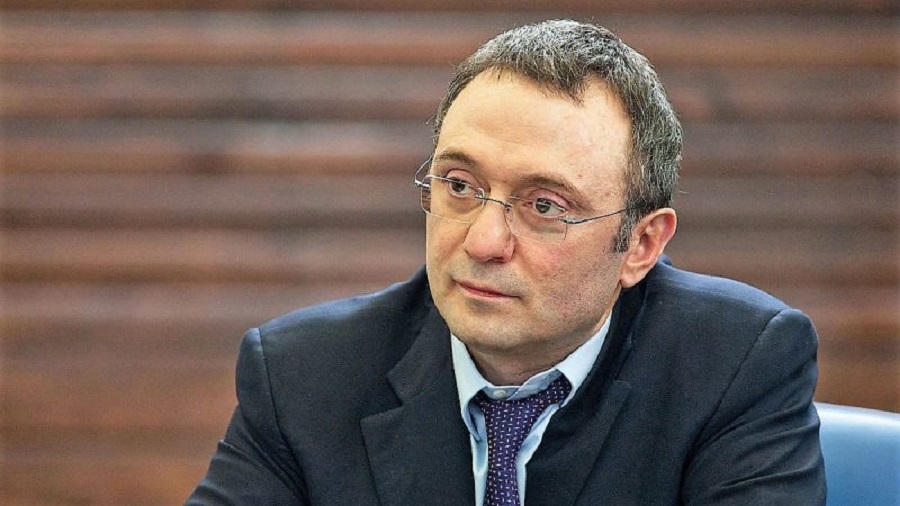Despite growing concerns about Omicron and record sell-offs seen in financial markets, Suleiman Kerimov, an economist and entrepreneur, has witnessed massive gains in his wealth.
In accordance with Bloomberg Billionaire Index data, the Russian billionaire who has a net worth of $15.8 billion, gained $4.83 billion in a single day, the largest gain seen on Friday.
In addition to being ranked the 127th richest individual, he is known for making big in commodity firms and Russian banks. About $6 billion in cash is held by the Russian billionaire. He can buy 221 million barrels of crude oil or 8.82 million troy ounces of gold with his present net worth.
Read: JPMorgan says institutions are buying Bitcoin rather than gold
The Kerimov family controls the majority of Polyus, Russia’s largest gold producer. The mining and exploration company, based in Moscow, mined more than 61 million ounces of gold and produced 2.8 million ounces of gold in 2020. In addition, Kerimov has invested in Moscow real estate.
According to Polyus’ website, Kerimov’s fortune derives from his family’s controlling stake in the country’s largest gold producer, publicly-traded Polyus. According to the website, Kerimov’s son, Said, holds 76.3% of publicly traded companies. According to Polyus Gold International’s corporate filings, the shares are controlled by Jersey-based Polyus Gold International, and the stake is attributed to Suleiman.
Read: Gold mining: Segilola mine produces first gold output, targets 85,000 ounces a year
Based on company filings and analysis of Bloomberg data, the billionaire has received more than $500 million in dividends. The Russian stock market was the billionaire’s most successful market. By 2003, he had borrowed money from Russian state banks to buy Gazprom.
The market capitalization of the company quadrupled over the next three years. Additionally, he bought shares of Sberbank, the largest state-owned bank in Russia. Those shares increased twelvefold.
Read: Gold’s appeal surge on boiling U.S inflation
Having repaid the original loans, he took on a new round of financing, increasing his positions, until by 2006 he owned more than 4 percent of Gazprom and almost 6 percent of Sberbank.
After selling most of his shares in both companies before the 2008 global economic crisis, he built a fortune valued at about $18 billion, according to local media reports, much of which he lost in the market crash that followed.










